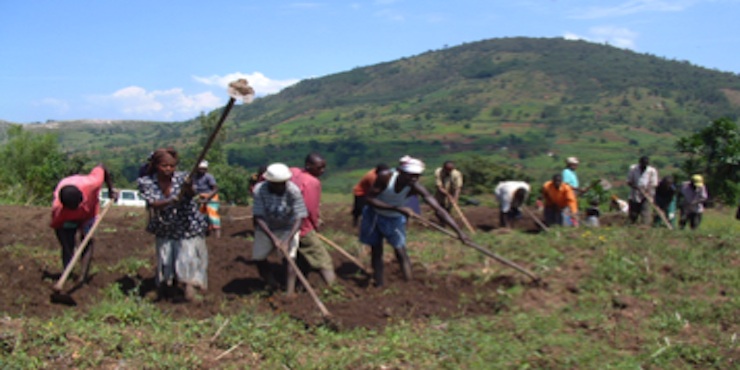One of the key questions Rwandans, within and outside the county, have been asking themselves is what kind of leadership Rwanda needs right now and in the near future. This is a question the leaders of National Democratic Congress (NDC), and perhaps of other political organizations and institutions, has been regularly asking themselves and tried to find answers to. This note will present a perspective on that important topic and present a view on the particular role of the young generation.
The idea came from a recent Twitter discussion. The topic was around the kind of leadership Rwanda needs at the moment. Eventually, the question turned into a more interesting subject, namely the role of the young people in transforming the current Rwanda. Some young people, probably from the Millennial generation, clearly expressed the opinion that the hope of Rwanda is with the young generation of leaders, a perspective most of us subscribed to. The complication resulting into the key question, however, is the following: there is an impasse in the Rwandan political future. The impasse stems from three main related predicaments: pervasive repression, ethnic exclusion, and social polarization.
The implication of such a complication is that young people from all backgrounds have a major role to play. Ironically, some young people, more than others, have a primordial responsibility. As a matter of fact, given the power structure in Rwanda and the unambiguous dominance by a small group within the Tutsi ethnic population of the Rwandan political, military, economical and educational institutions, young Tutsis have a unique opportunity in bringing about needed fundamental transformation.
This view is not new. In 2001-2003, the leaders of ADRN-Igihango, Tutsi, Hutu, and Twa, often had such a discussion. When ADRN-Igihango collapsed, FDLR, Imbaga y'Inyabutatu and ARENA parted in different directions and not on so good terms, but the urgency of the young Rwandans to play a transformative role became even more apparent.
The discussion resurfaced as RUD-Urunana, created in 2004 after the demise of ADRN-Igihango, and RPR-Inkeragutabara approached each other to form the National Democratic Congress (NDC). RPR founders understood the importance the Rwandan young men and women had to play, especially the Tutsi youth, whose parents, relatives, and family friends now control the reigns of power in Rwanda. By leveraging their youthful energy, their enthusiasm, the freedom from Rwandan tragic historical liability, all young people, Hutu, Tutsi, and Twa, remain potentially the best agents of change. However, the Tutsi youth, being close to the people who are part of the decision making circles in the contemporary Rwanda, has the unique advantage to influence the speed of change at the highest levels. That is why their responsibility should be highlighted.
To accomplish the mission, these young Tutsis must rise up and tell their parents, relatives, and family friends, who are the current Rwandan power holders and decision makers, the following: "enough, no more Rwanda based on hatred, ethnic exclusion, and repression.”
Those who formed or joined RPR-Inkeragutabara and are now living and working with their Hutu and Twa brothers and sisters took such a stance. Therefore, it is not a theory or just a potential: it is a happening; a reality. Obviously, like any civil rights or freedom movement, the choice between a peaceful transformation and a violent revolution also depends on the willingness of the rulers of Rwanda to make courageous decisions aimed at ending repression, exclusion and polarization. That push for responsible willingness by Rwandan leaders will ultimately happen in Kigali; and that is why the youth, especially young Tutsis, have a paramount role to play.
January 17, 2015
Felicien Kanyamibwa, PhD.
National Democratic Congress (NDC).








